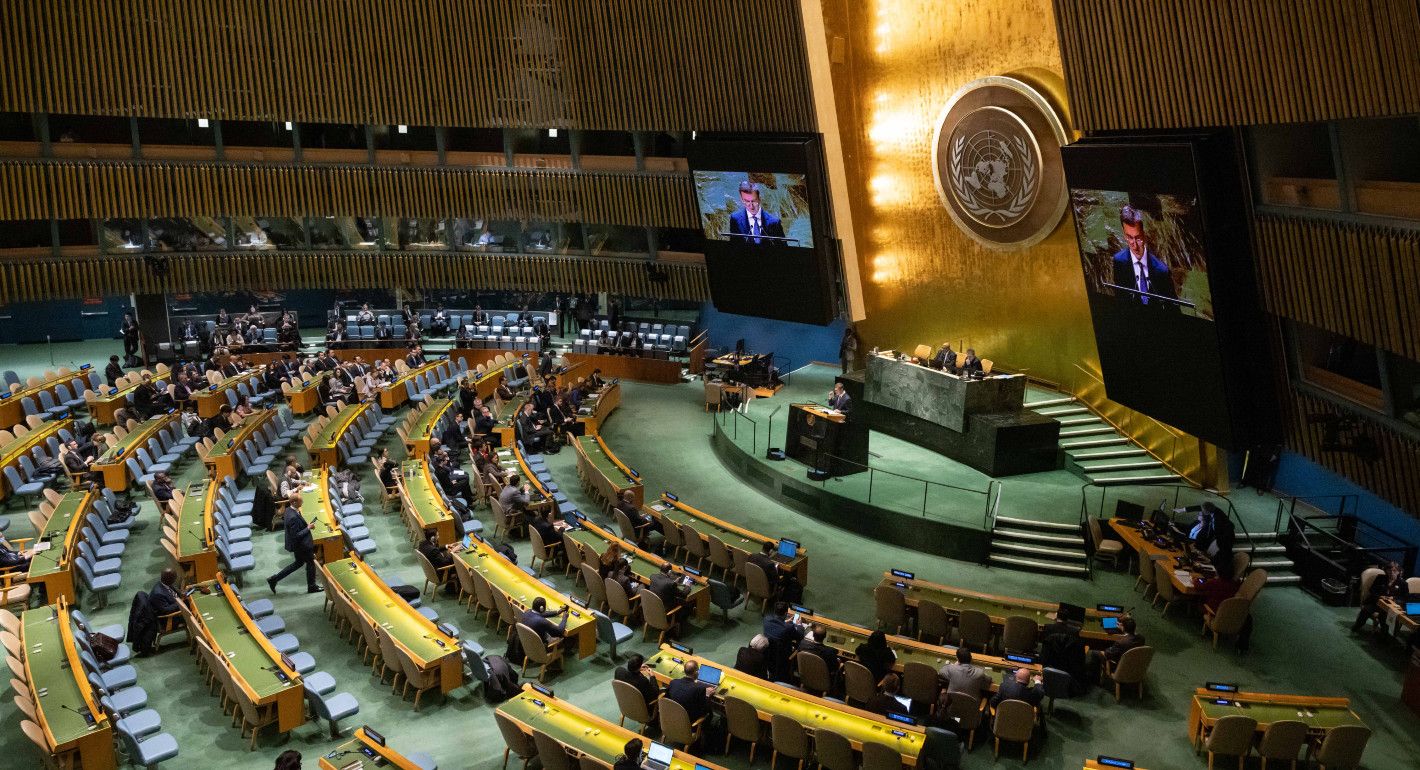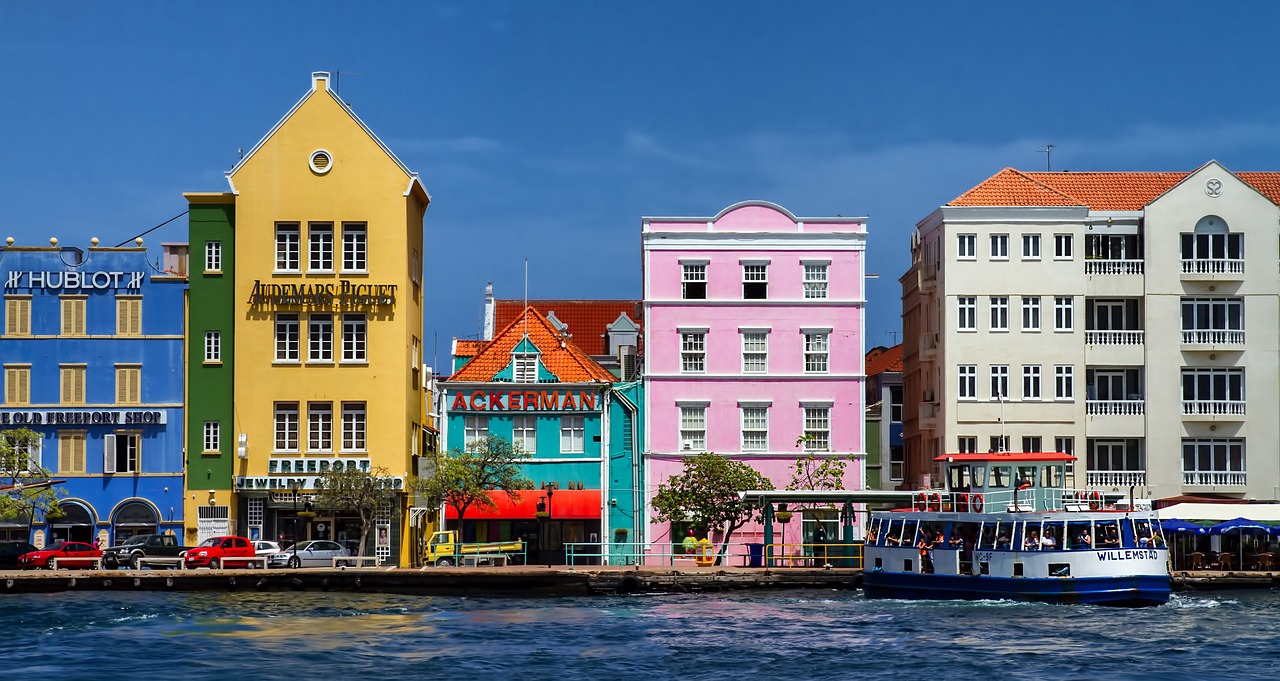World
The Good—and Bad—News About the UN’s Summit of the Future

Against this fraught backdrop, it is tempting to dismiss the summit as a distraction from immediate crises as well as existing pledges—such as preventing atrocities, alleviating extreme poverty, or reducing greenhouse gas emissions—that the world has yet to fulfill. That impulse is understandable but shortsighted for three reasons. First, crises can be moments to offer bold reform proposals, since they tend to loosen attachment to previous orthodoxies and provide openings for new ideas. Despite the breadth of the agenda covering highly politicized issues, the negotiations have revealed a greater willingness on the part of almost every government in the world to cooperate. Second, the draft pact itself offers some glimmers of hope, provided one manages expectations and remembers consensus-based multilateral diplomacy is an inherently messy exercise that’s vulnerable to lowest common denominator outcomes. Finally, taking the long view is imperative: the summit was never intended to be a one-and-done affair, but rather as the first step in a decades long reform process. Progress is invariably incremental, and a few steps forward is often better than none. What matters is that there’s movement at all.
A Roadmap for Reform
The thirty-page pact begins with an inspirational call to action, noting that today’s interconnected challenges are beyond the capacity of “any single State alone” to resolve. The draft document then commits member states to fifty-eight specific actions in five areas: advancing sustainable development and its financing; promoting international peace and security; supporting science, technology, and digital innovation; addressing youth and future generations; and transforming global governance.
The pact offers much to applaud at a rhetorical level. It endorses the 2030 Agenda for Sustainable Development and promises to close the financing gap that is a major obstacle for many states hoping to make progress on the Sustainable Development Goals. It reaffirms the Paris Agreement climate goals and pledges ramped up efforts against global warming, biodiversity loss, and environmental degradation. It asserts the obligations of all nations to respect one another’s sovereignty and territorial integrity and commits them to resolve their disputes peacefully. It also pushes states to combat terrorism, protect civilians in armed conflict, ameliorate humanitarian emergencies, improve UN peace operations, uphold disarmament obligations, mitigate risks from AI and lethal autonomous weapons systems, pursue a world free of nuclear weapons, and comply with decisions of the International Court of Justice.
Finally, the pact commits its adherents to transforming the institutional infrastructure of global governance. Such changes are essential to enable the United Nations to better grapple with threats only dimly perceived (if at all) at its founding, to harness the capabilities of modern technology and nonstate actors, and to enhance the representativeness, accountability, and resources of its main organs and agencies, including the Bretton Woods Institutions.
This superficial unanimity, however, conceals important disagreements that lurk below. Here are just a few of the flashpoints that have surfaced in the ongoing negotiations.
International Financial Architecture (IFA)
This remains one of the stickiest issues, with clear battle lines pitting developed against developing countries. Rhetorically, all governments support the goal of a more inclusive, equitable, and representative system of global economic governance. In practice, wealthy members of the Organization for Economic Cooperation and Development (OECD), led by the United States, argue that the specifics of any IFA reform should not be discussed and determined within the one-nation-one-vote UN General Assembly. They believe the debate should occur in other frameworks with “competence” to address financial issues, particularly the International Monetary Fund and World Bank, where OECD nations benefit from weighted voting.
This position has fallen on deaf ears among emboldened governments from the Global South. These low- and middle-income countries are fed up with lack of progress on their demands for greater voice in international financial institutions, as well as for more generous access to development and climate finance, emergency credit lines, and debt relief. They are convinced that a mealy-mouthed compromise that lacks specifics will simply leave them empty-handed.
Co-facilitators from Germany and Namibia have tried to strike a balance between developing countries’ desire for more prescriptive language and the strong resistance of several industrialized countries that believe these specifics would be better addressed in the international financial institutions. One bright spot in this debate is the intention to convene a biennial summit at the level of heads of state and government to strengthen links between these financial institutions and the UN. However, expect many of these battle lines to persist into 2025.










